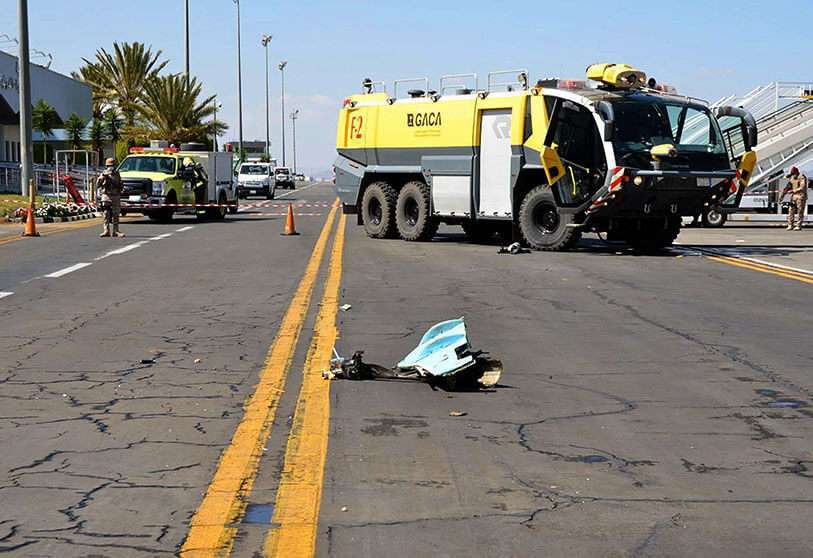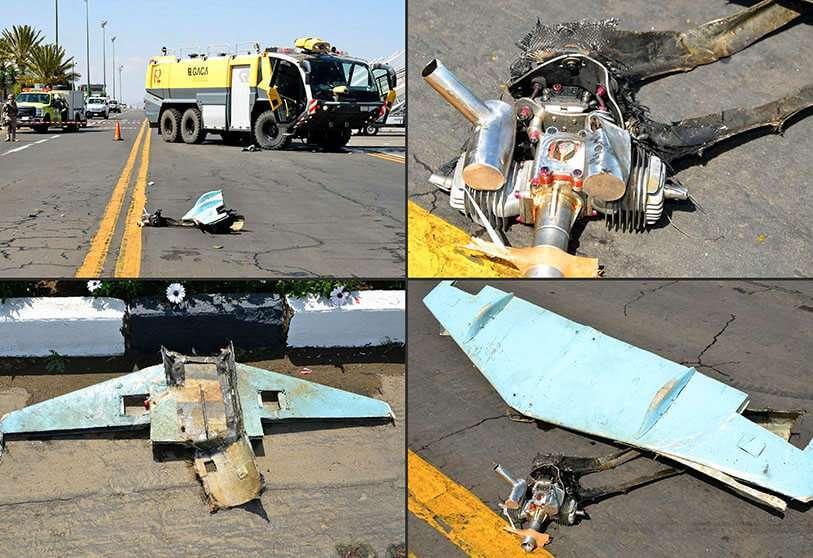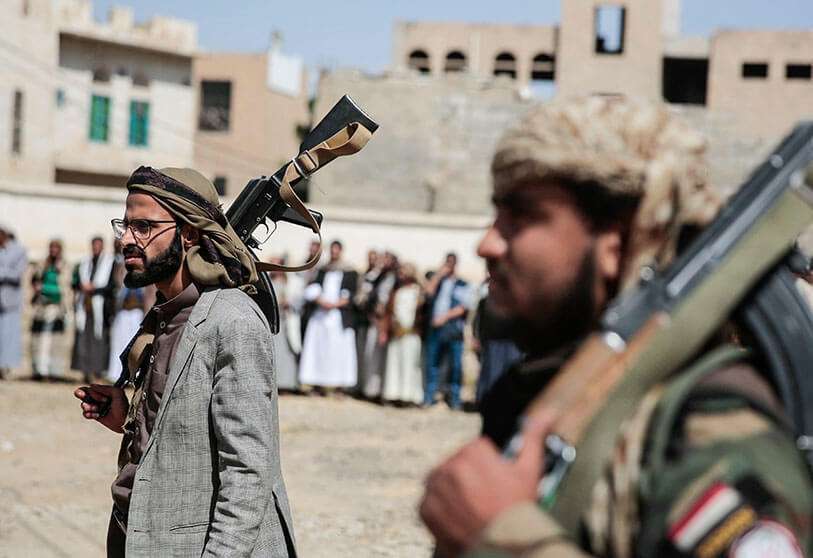UN Security Council classifies Houthi militia as terrorists and extends arms embargo to all its members

The United Nations Security Council on Monday decided to extend the arms embargo on Houthi leaders, including top leader Abdul Malik al-Houthi, to all members of the Shiite rebel group operating in Yemen, which is trying to overthrow the legally installed executive of President Abd Rabbuh Mansur al-Hadi.
The new Security Council resolution also classifies the armed group as terrorist for the first time, something that was already being demanded by several nations due to the vicious drone and missile attacks aimed mainly at Saudi Arabia and the United Arab Emirates, the main members of the Arab coalition fighting the Houthis on the ground to wipe out this group that is supported by the Islamic Republic of Iran, the main standard-bearer of the Shiite branch of Islam as opposed to the Sunni branch sponsored by the Saudi kingdom. The Saudi and Emirati territories have come under attack against a variety of civilian and commercial targets, including airport infrastructure and energy supply facilities.
The UAE recently went on high alert after a Houthi drone and missile strike killed three oil workers in the capital Abu Dhabi on 17 January. For its part, the Saudi kingdom has been facing regular attacks from neighbouring Yemen by the Shi'ite Houthi organisation.

The Houthis have also been singled out by various nations and international analysts for alleged abuses and rights violations in the Yemeni war, including those of women and children, a situation in Yemen that was recently described by the UN itself as the worst humanitarian tragedy on the planet.
The latest UN resolution also renews financial sanctions and a travel ban on senior Houthi militia commanders for another year.
Eleven of the 15 members of the Security Council voted in favour of the resolution; Ireland, Mexico, Brazil and Norway abstained on humanitarian grounds.

Security Council Resolution 2624, which was introduced by the United Arab Emirates, condemns the continued supply of arms and weapons components to the Houthis from outside Yemen in violation of the arms embargo established by Resolution 2216 in 2015. It urges all UN member states to intensify efforts to "combat the smuggling of arms and components through land and sea routes, to ensure the implementation of the specific arms embargo". This UN decision "strongly condemns cross-border attacks by the Houthi terrorist group, including attacks on Saudi Arabia and the United Arab Emirates against civilians and civilian infrastructure, and demands an immediate cessation of such attacks".
Several media and experts point to Iran as the main supplier of weapons and training to the Houthi rebels. The arsenal includes anti-tank guided missiles, sea mines, explosive-laden drones, ballistic and cruise missiles and unmanned maritime vehicles. Saudi Arabia and the US have long accused Iran of supplying sophisticated weapons to the Houthis, which Tehran denies.

There was some tension in negotiating these new sanctions against the Houthis because of concerns about a potential setback for peace negotiations and a possible negative effect on the humanitarian situation in Yemen. However, the resolution notes that the measures imposed "are not intended to have an adverse humanitarian impact on the civilian population of Yemen, nor on civilian access to humanitarian assistance, commercial imports or remittances".
Lana Nusseibeh, permanent representative of the United Arab Emirates to the UN, welcomed the arms embargo resolution that affects all members of the Houthi organisation. He stressed that this will reduce the rebel group's capacity for military manoeuvre, as Arab News reported.

On the other side, Trine Heimerback, Norway's deputy permanent representative, supported the application of targeted sanctions that can help support "a path towards a political settlement and contribute to the protection of civilians" and emphasised that the resolution does not encompass Norwegian concerns about the negative effects it may have on peace negotiations and humanitarian operations on Yemeni territory. However, he also stressed the positive aspect of reducing Houthi military capabilities in the context of the Yemen war, which has been going on since 2014.









